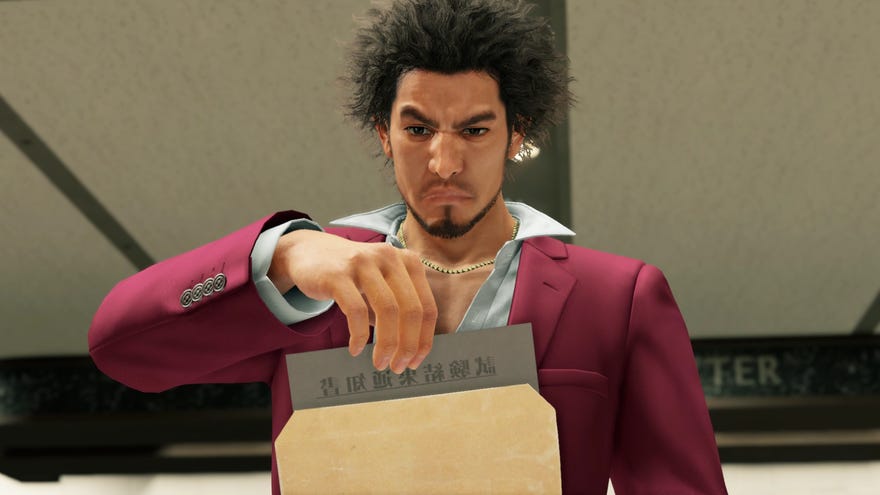Sega Of America workers successfully vote in favour of unionising
AEGIS is now the largest multi-department union in games
Sega Of America employees have successfully voted to unionise under the banner Allied Employees Guild Improving Sega (AEGIS). The new multi-department union represents over 200 employees at the company’s Irvine and Burbank offices, working across divisions including QA, marketing, localisation, product development, live service, and more. Yesterday’s vote had 91 workers voting “yes” and 26 voting “no.”
AEGIS announced plans to unionise earlier this year, with goals that included higher base pay, better benefits, balanced schedules, and proper staffing to “end patterns of overwork.” At the time, AEGIS claimed that “nearly a third of Sega’s long-time workers still lack full-time status, paid time off, proper training, or even bereavement leave.”
“We are overjoyed to celebrate our union election win as members of AEGIS-CWA,”said Sega translator Ángel Gómez in a press release sent to Polygon. “From the start of this campaign, it has been clear that we all care deeply about our work at SEGA. Now, through our union, we’ll be able to protect the parts of our jobs we love, and strengthen the benefits, pay, and job stability available to all workers.”
The AEGIS Twitter account mentions the union will now “head to the bargaining table” with Sega’s upper management.
AEGIS is represented by the Communications Workers Of America (CWA) labour union that previously assisted other unionisation efforts within the games. The new union is a major milestone in the industry and represents the largest multi-department union in video games, joining VR/AR studio Tender Claws as the only other game union to represent employees across different fields.
QA staff have previously unionised at Microsoft’s ZeniMax studios, as have QA workers at Activision studios such as Raven Software and Blizzard Albany. Activision-owned developer Proletariat had planned to vote on a union but withdrew the petition earlier this year. The CWA blamed management’s “confrontational tactics” for the withdrawal.

